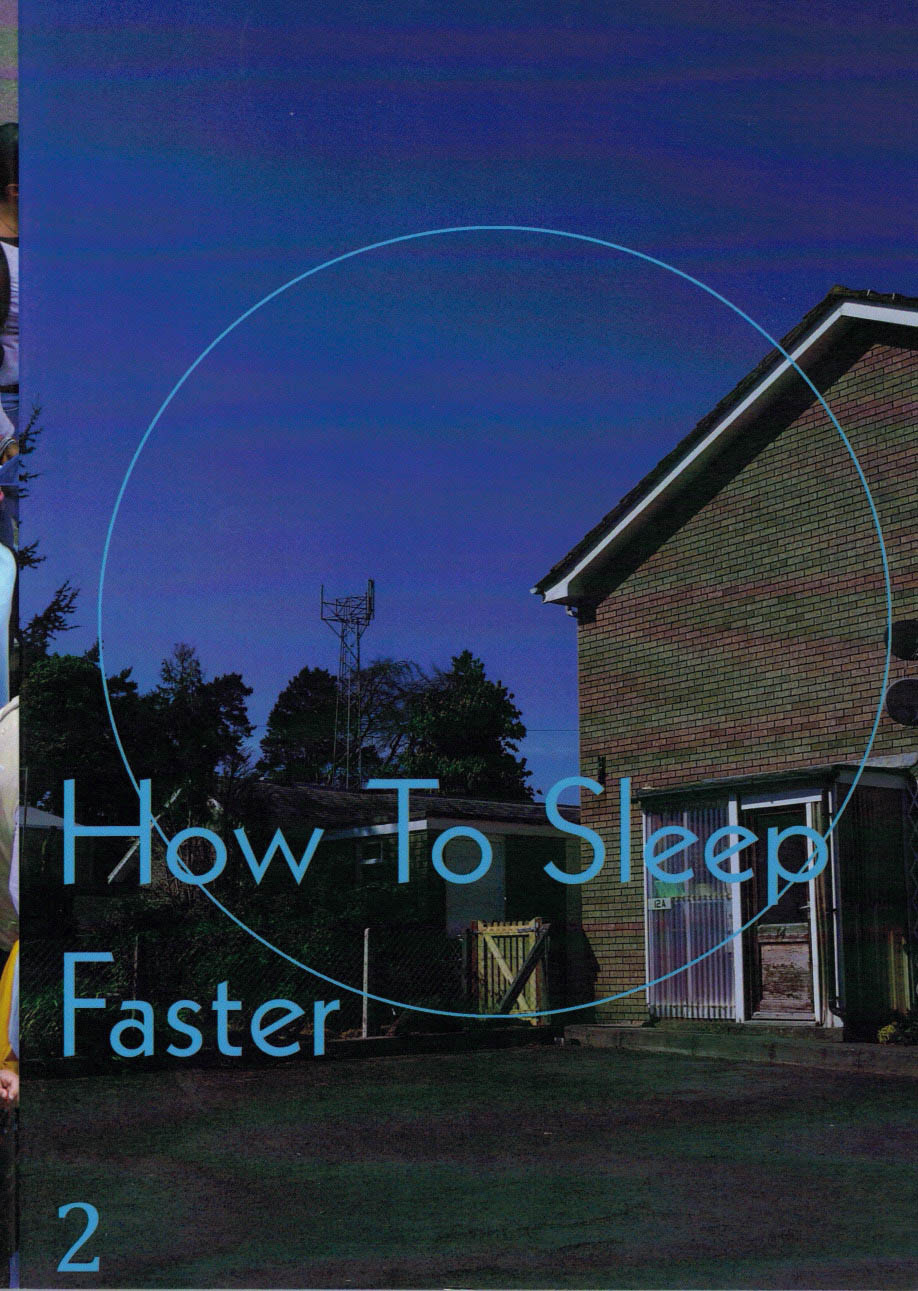
Danklands
Language: English

Language: English

Moulded from clay, between 2021 and 2023, The subtle rules the dense is a series of ceramic chest plates, by the artist Phoebe Collings-James. Inspired by Makonde and Yoruba body masks and Roman muscle cuirasses, the sculptures explore the interplay between ritualistic objects’ violent histories and their contemporary presentation as fetishistic ornaments. This publication brings together responses to the series from artists SERAFINE1369 and Rehana Zaman and geographer Professor Kathryn Yusoff; exploring layered references to tarot, Shakespeare and post-colonial theory; probing the materiality and extractive politics of geology; and reflecting the plural multifaceted nature of Collings-James’ practice.
A series by Phoebe Collings-James
With Texts by Serafine1369, Rehana Zaman, Kathryn Yussof.


Jesse Darling, Heinrich Dietz and 2 more
Constructed in Pennsylvania in 1827, Gravity Road was a precursor to the modern roller coaster; a sloping stretch of railroad used to cart coal out of mines. With passenger rides on offer soon afterwards, the rapid descent became an attraction and the technology was appropriated for thrill rides in amusement parks.
Jesse Darling’s sculptures, drawings and installations address the fallibility, fungibility and mortality of living beings, systems of government, ideologies and technologies – nothing is too big to fail. For his exhibition at Kunstverein Freiburg in 2020, Darling created a sculpture of a dysfunctional roller coaster, broken down to a child-like scale, becoming an anti-monument to a modernity that celebrates progress, acceleration and mastery and produces violence.
Exploring the entangled history of labour, leisure, extraction and entertainment, Gravity Road: A Rollercoaster Reader was commissioned in response to Darling’s 2020 exhibition, bringing together new texts by artist and Darling-collaborator Joe Highton and writer Sabrina Tarasoff along with a correspondence between Darling and the Kunstverein’s director Heinrich Dietz.
FEATURING TEXTS BY:
Jesse Darling
Heinrich Dietz
Joe Highton
Sabrina Tarasoff

How to Sleep Faster is published as part of the collaborative discussion that form the critical direction of the gallery. and sits alongside the first two exhibitions – Sleep Faster (February), and How to Carve Totem Poles (March). It has been put together as an open ended continuation of this dialogue through which we seek to understand the contradictions / complexities that define and form our experience, existence and participation in a contemporary digital-analogue creative environment.
Arcadia Missa Publications; Rozsa Farkas, Tom Clark, Jammie Nicholas, Laura Farley (eds).

How to Sleep Faster 2 is the second of our biannually published journals that form the backbone of Arcadia Missa’ critical collaborative discourse on participation, post-digital visual-production and institutional subjectivity.This issue explores moments of collapse, shift and potential in a cultural moment framed by economic, political and societal disturbance.
Arcadia Missa Publication; eds Rozsa Farkas, Tom Clark et al.

Companion reader for Under Current, an exhibition and film by Alice dos Reis. With 'Blue Carbon' by Holly Childs, 'Hydrofeminism: Or, On Becoming a Body of Water' by Astrida Neimanis, 'King Tide' by Sophia Al-Maria, 'Notes on a Dotted Red Wave' by Danea Io, 'Smart Oceans, Alien Times: Octopi Engineering' by Bogna M. Konior, 'To a Current's Ear' by Alice dos Reis and more. Bilingual edition (Spanish-English).

What are our politics of refusal? Sleep? Catatonia? Hedonism? Transgression even? #hustle?
[Can refusal can be performed as resistance and not operate as preemptively fucked. . .]
Arcadia Missa Publications; Rózsa Farkas, Holly Childs, Leila Kozma, Tom Clark (eds)

If winning can only occur in a competition between equal opponents, someone who isn’t equal will need to adopt a different strategy and let go of the promise, or the curse, of victory. Anna Zett takes up the challenge in this collection of personal science fiction, registering the traces systems of power leave in the body, in its locomotory, nervous and digestive systems. Zett’s voice appears in several textual guises, addressing authority, resistance, trauma and the physicality of language. Dedicated to the feminist revolution, the post-socialist subject of Artificial Gut Feeling questions logocentric and capitalist beliefs about the economy of meaning. This book gathers together fists, guts and brains to gain a deeper understanding of the non-verbal roots of dialogue.
"This being is able to transform movement into speech. It winds itself about inside me like a thick snake and I have to use all my strength to let it spin and do what it does. When I wilfully try to stop it, it begins to whisper words to me and that is even more unpleasant. If I were to associate this gut feeling with an emotion, I would say disgust. But this disgust is not directly linked to your name."—Anna Zett